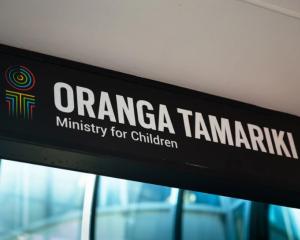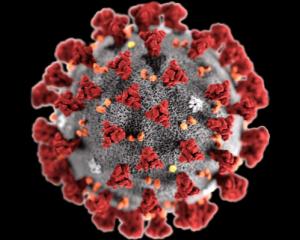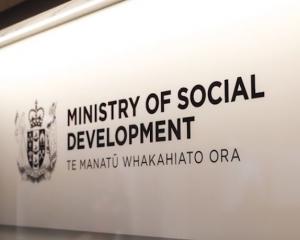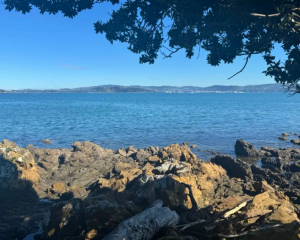More than 500 Kiwis have been sent home across the Tasman under Australia’s strict immigration policy — and since they returned nearly a quarter have been before New Zealand courts.
Some say the number deported, half a dozen of whom returned to Dunedin, is just the tip of the iceberg, with many long-term prisoners still behind bars over there and nearly 200 New Zealanders languishing in Australian detention centres.
Statistics provided to the Otago Daily Times under the Official Information Act show that since January 2015 — when Australia’s new law kicked in, allowing them to send home foreign citizens who did not meet a "good character test" — 554 New Zealand citizens had been deported.
Police figures revealed 122 of those people had been arrested and charged with criminal offences since their return.
Most of the 422 charges they faced involved dishonesty and traffic crimes but there were also nine sex charges and 81 prosecutions for violence had been filed.
About a year ago, the Government passed urgent legislation in response to the sudden influx of deportees, allowing Corrections to monitor and restrict those deemed high risk.
Former Corrections minister Judith Collins hailed the Returning Offenders (Management and Information) Act as a success. Since the law had been enacted, the offending rate of deportees had halved to 21%. Ms Collins told the ODT it was a "very encouraging result" despite the fact 202 charges had been laid against returning Kiwis following the November 2015 law change.
"While police and Corrections can put in place the provisions of the Act, it does not necessarily result in a reduction of reoffending," she said.
Labour Corrections spokesman Kelvin Davis, who visited the infamous Christmas Island detention centre last year, called Ms Collins’ response "trite".
Mr Davis said deportees he had spoken to felt they were being further punished on their return to New Zealand and did not feel supported.
"Let’s face it, they’ve done their crime in Australia, they’ve done their time in Australia," he said.
"Punishing them further isn’t any good."
One ex-detainee he had stayed in touch with after being returned had not met the criteria for psychological counselling and told Mr Davis he was "really struggling".
It was a combination of being dragged away from his family in Australia and the experiences he endured while in a detention centre, he said.
Ms Collins said she was unaware how many more Kiwis were due to be deported, calling it an "ongoing situation".
Prisoners Aid and Rehabilitation Society Otago manager Colin Hall, who helped settle the Dunedin deportees, said he had heard as many as 5000 could be heading home in the coming months and years.
With many of those likely to be long-serving prisoners, Mr Hall expected offending rates would pick up when the high-profile criminals got back to New Zealand.
He acknowledged those yet to return may be the most dangerous and said he was aware of a Somalian prisoner in Australia, due to be returned to New Zealand, who attended university over here and had been detained before trying to join IS.
Australia’s Department of Immigration and Border Protection was also unable to give firm numbers on those set to be deported but latest figures showed there were 184 Kiwis in "immigration detention".
The country’s statistics bureau most recently listed 1075 New Zealanders serving time in Australian jails.
Mr Hall said the background of those he had helped reintegrate into Dunedin life varied wildly.
Some had only been overseas a couple of years and had families awaiting their return while others had not been back since early childhood and had no support network.
A Corrections spokesman said they received information on each person before they reached the airport.
From that they would consider whether the deportee was suitable for a Returning Offender Order, which operated in a similar way to parole or prison release conditions, and had to be sanctioned by a District Court judge.
"Special conditions will depend on the seriousness of the offending and could also include things like a curfew, or a condition not to consume drugs or alcohol," the spokesman said.
Statistics from the Ministry of Justice provided to the ODT showed 194 such orders had been made to keep track of returning Kiwis — just three in the Otago region.
The majority of those under the spotlight of Corrections came before the Manukau District Court (122), while only 24 were in the South Island. Ministry records showed 13% of those subject to an order had breached it.
None of those breaches took place in the South Island.











